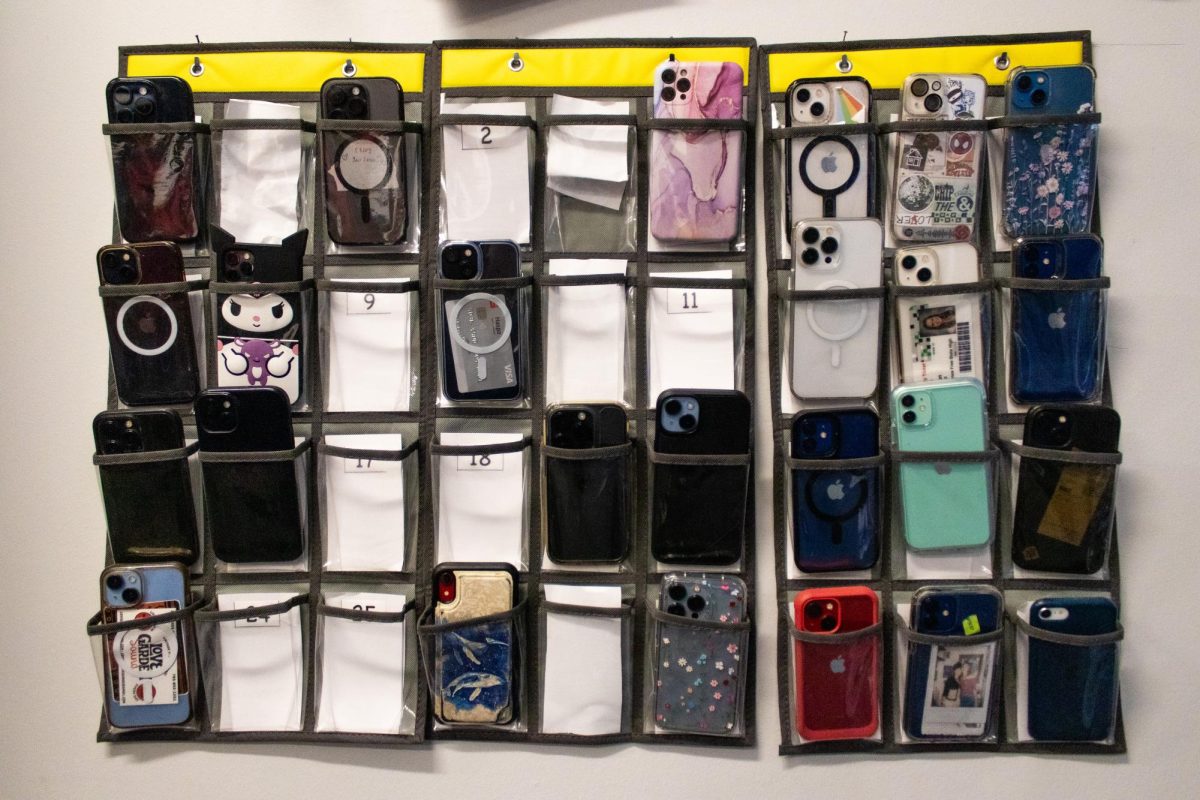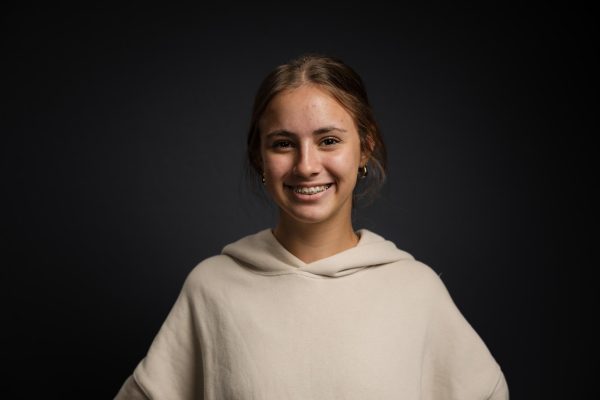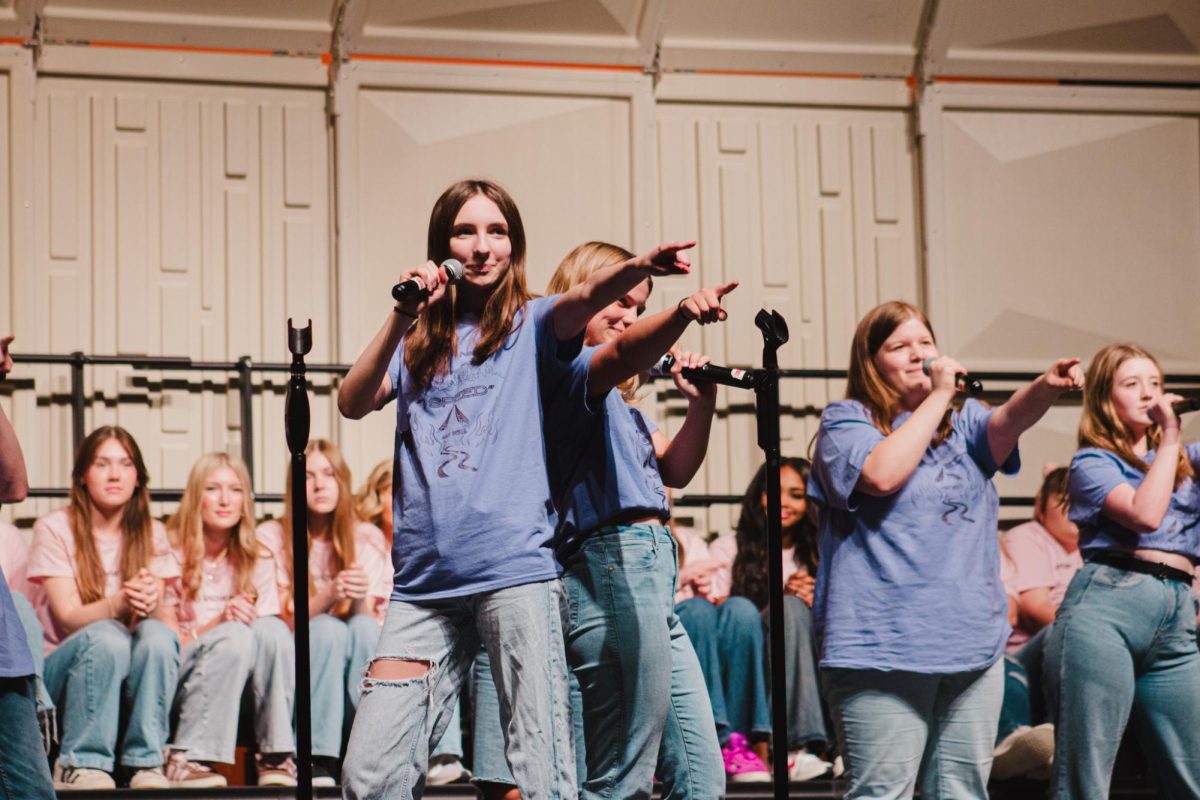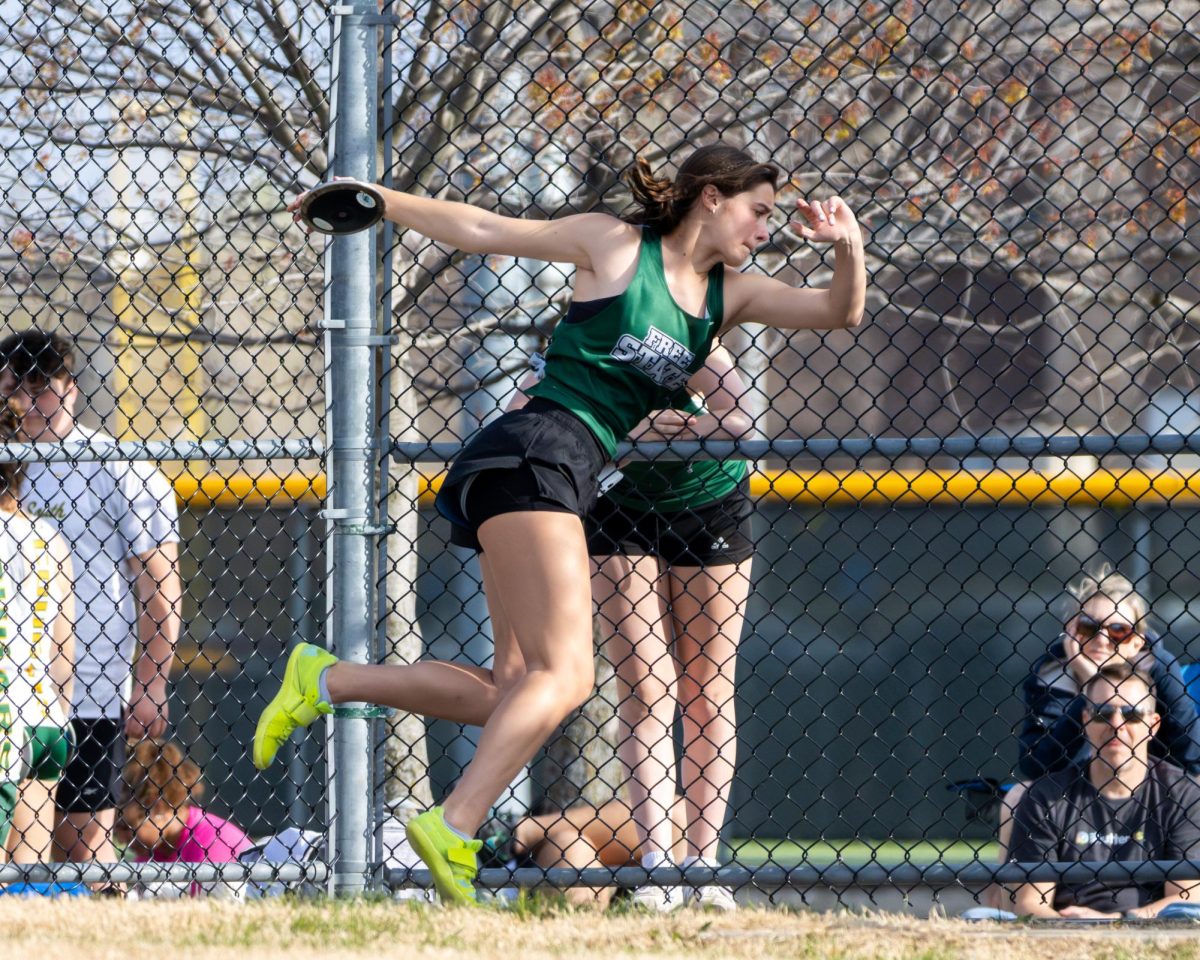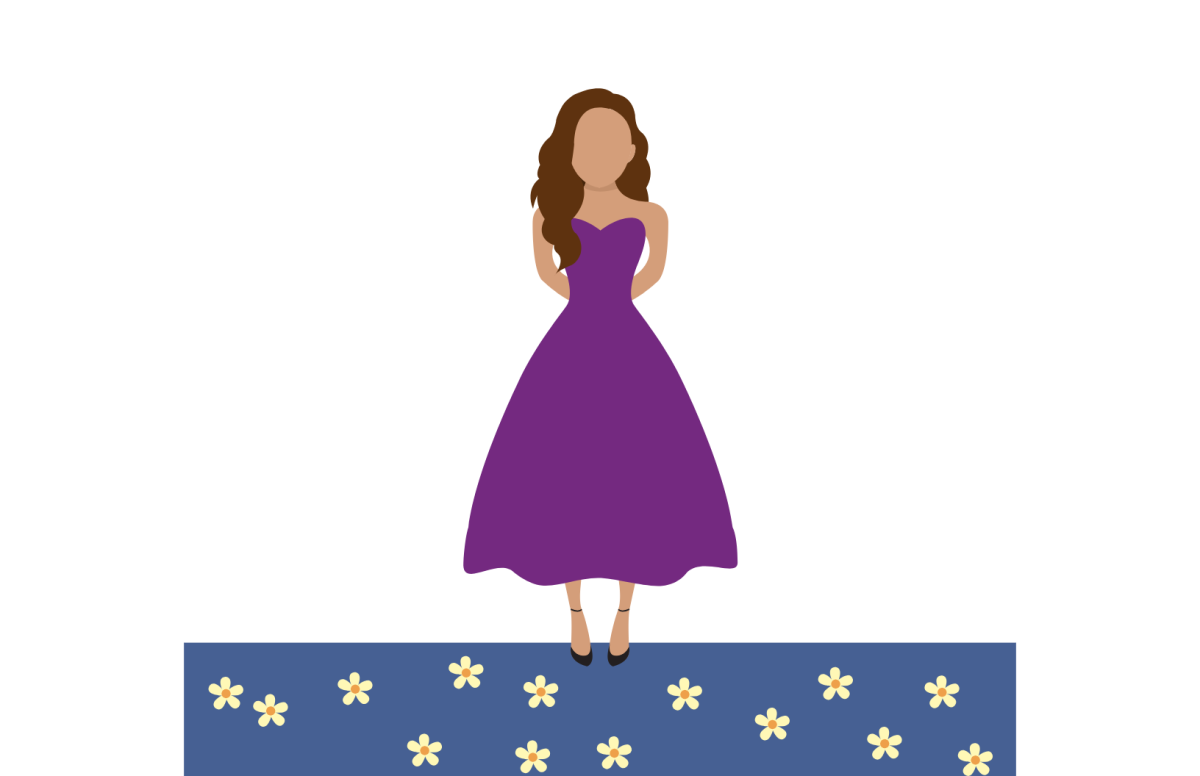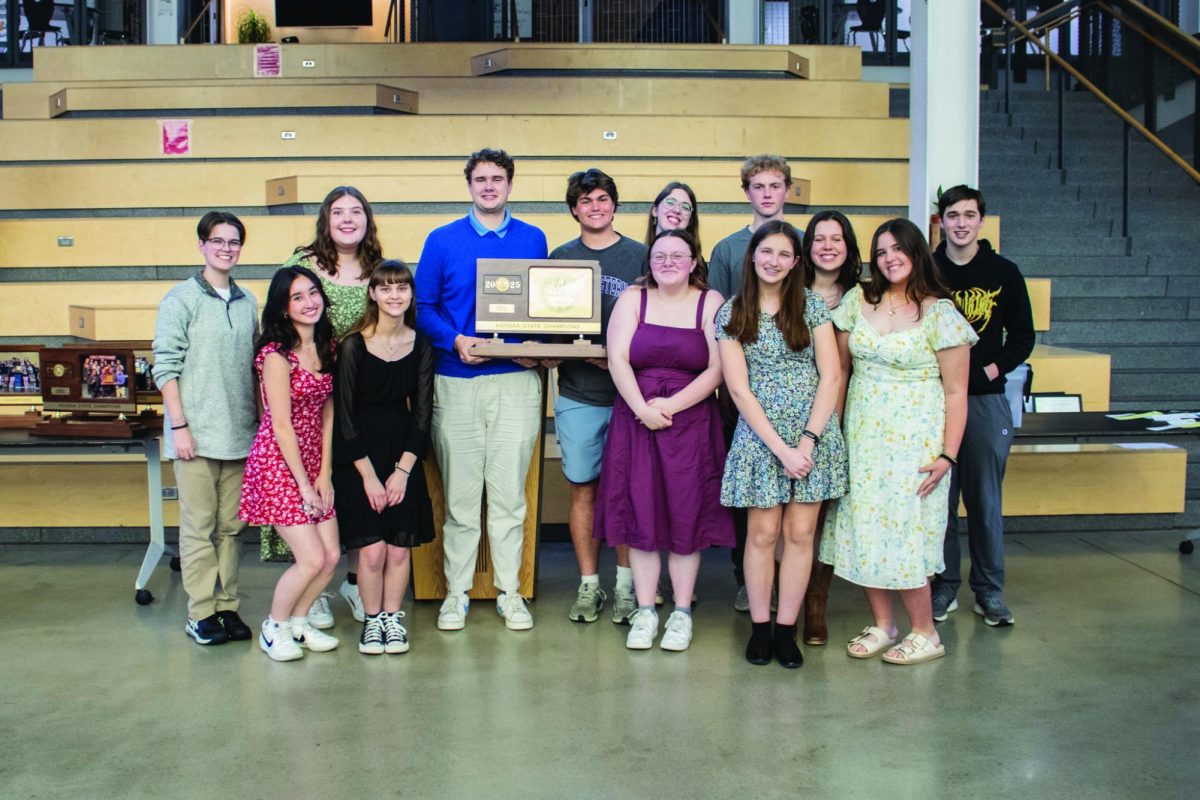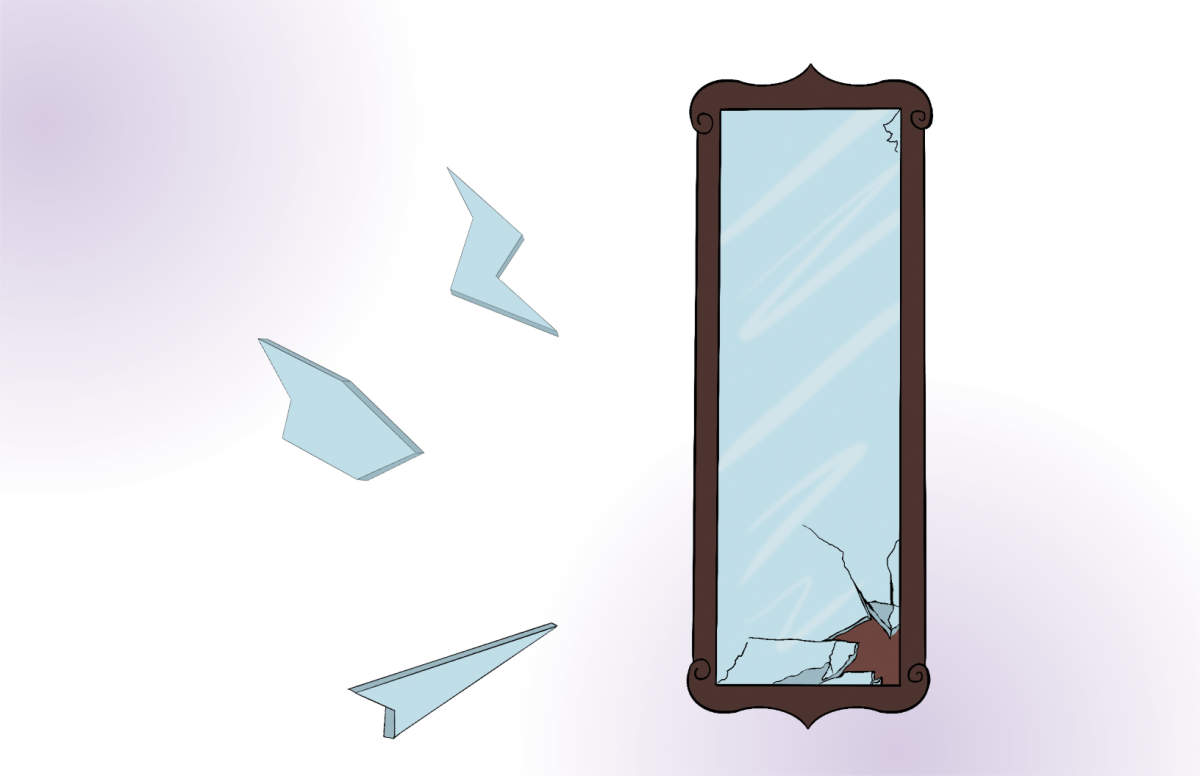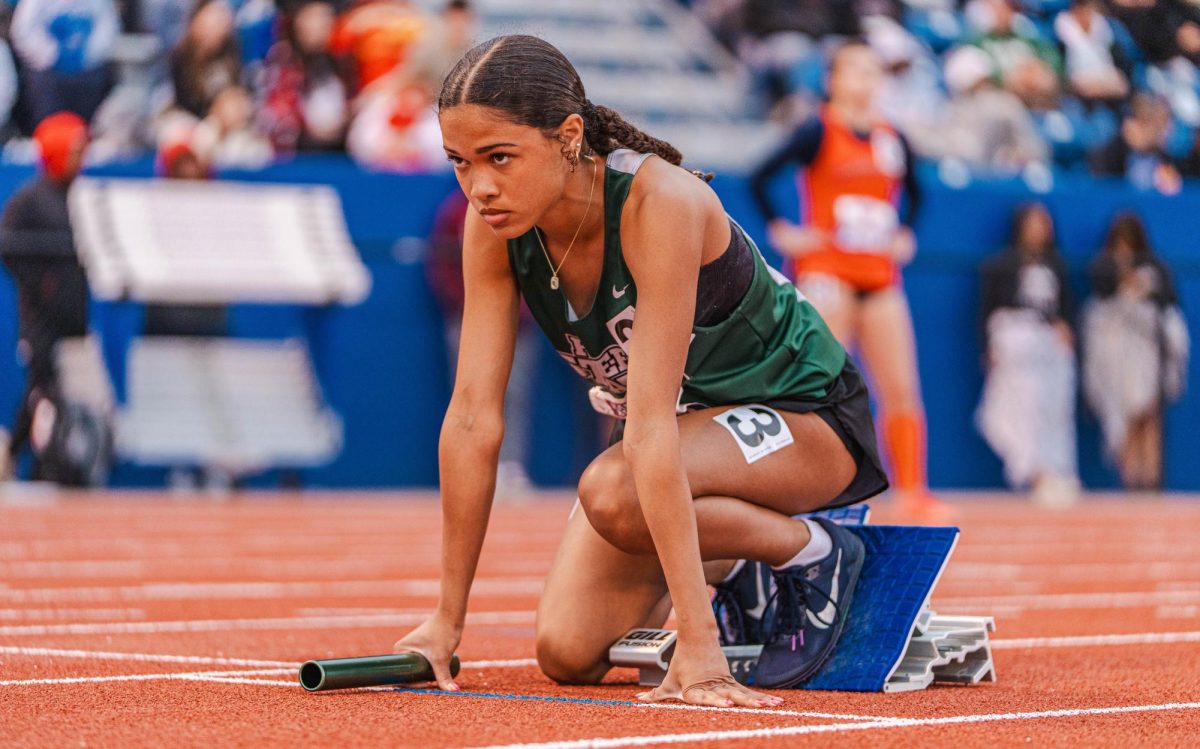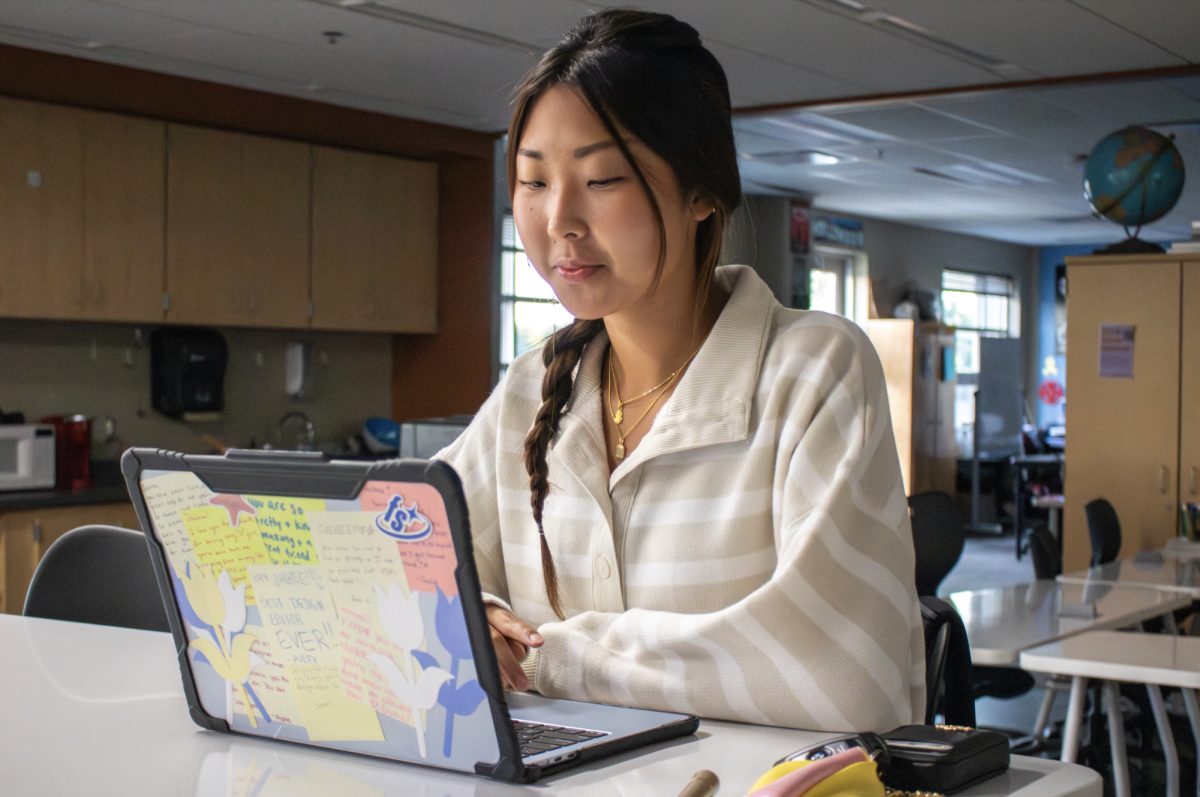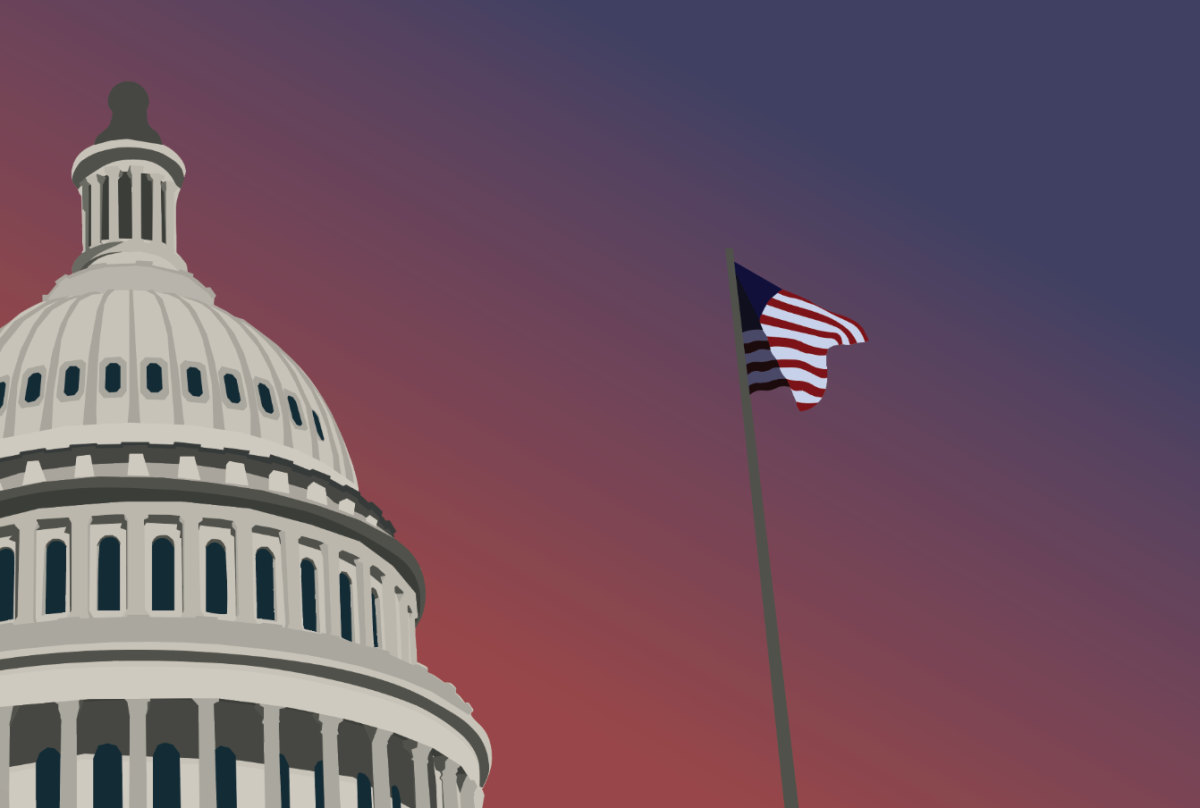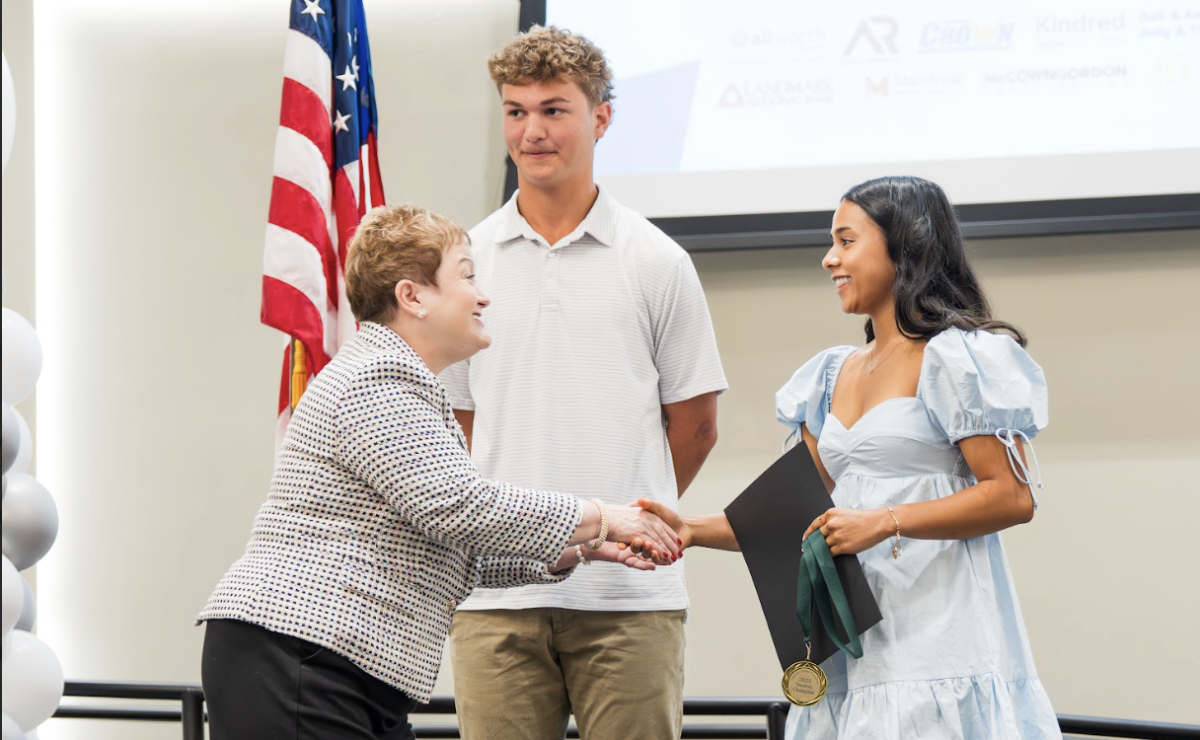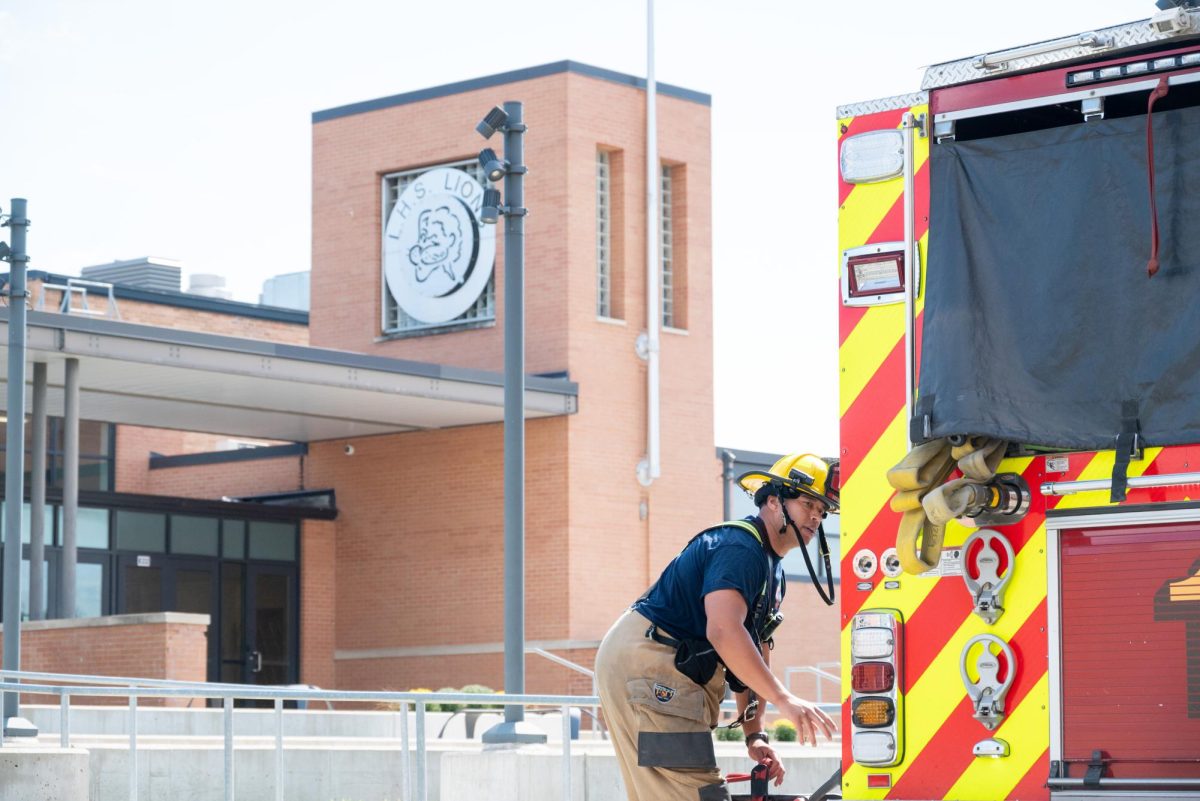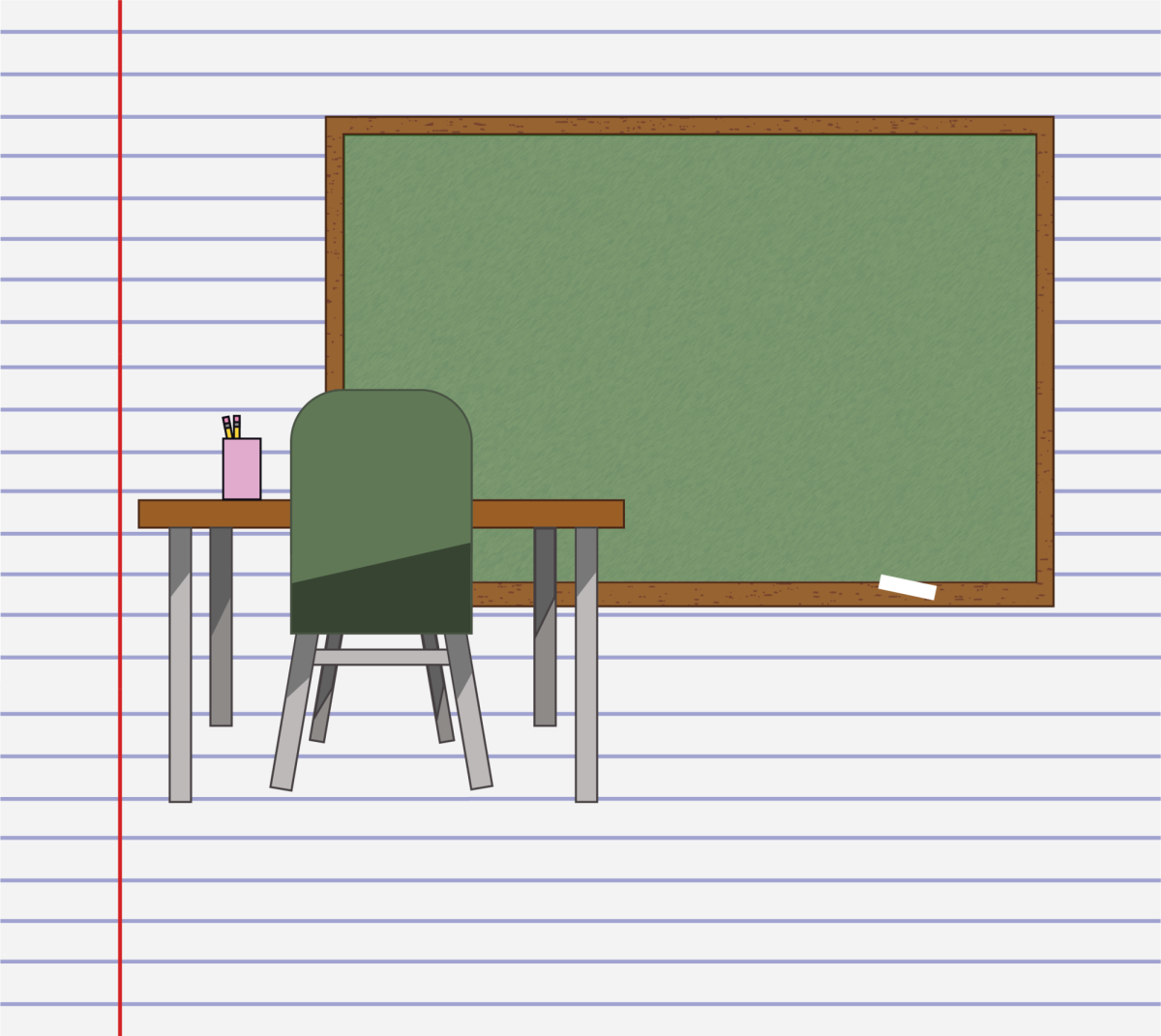Lawrence Public Schools recently received petitions from Lawrence educators and parents regarding a revision of the student handbook and more specifically cell phone use in the classroom. The petitions in support of a district-wide cell phone policy have been signed by more than 80 Lawrence educators and more than 100 parents.
USD 497 Board President Kelly Jones said this topic is being directly addressed by the district with a potential plan to limit cell phone use in the classroom by only allowing use during lunch, passing period and with explicit teacher permission. At a school board meeting on June 24, Lawrence educators, such as science teacher David Reber spoke out about the effects cell phones have had on his classroom.
“[My students] are tired, not getting sleep, anxious, depressed, just generally withdrawn a lot of times,” Reber said.
While the increase of cell phone use has brought greater interconnectivity with things like the internet and social media, some teachers like Reber think that society has gone too far. Reber feels that students are more disconnected than ever.
“I’ll see people texting each other when they’re sitting right next to each other; they won’t just talk, and I can’t imagine that’s healthy,” Reber said. “There also seems to be this anxiety that comes with always having to be up to date down to the last second of everything that everybody’s doing at every moment of every day and keeping up with that has got to be exhausting mentally.”
Many teachers like Reber worry about the mental health consequences of phones, as well as the social hindrances. Reber has observed a noticeable decline in student performance that he feels is related to cell phones.
“In my experience, there seems to be a more profound effect on kids that are already struggling or already at risk in the first place.” Reber said. “I think there is a huge equity issue there, like, are we meeting the educational needs of this group of students by allowing this?”
Reber feels that the classroom is not the same environment or the same experience that it was prior to phones. He divulges the emotional side of teaching to distracted students.
“It’s heartbreaking; it’s demoralizing,” Reber said.
Along with other teachers who signed the petition, Reber thinks that a stricter, more cohesive cell phone policy would mitigate the issue. Photography teacher, Sarah Podrasky, feels that the lack of unified policy places responsibility on the teachers to regulate cell phones.
“[A policy] will take less pressure off of teachers who try to establish some rules in their room,” Podraasky said. “It ends up making some teachers look like bad guys because they want to limit the distractions.”
While Podrasky thinks that there should be some limits on cell phones, she also feels that when used appropriately, they can be used as tools. Podrasky uses cell phones in her Photography 1 classes as a camera substitute for beginner photographers and says she would find it difficult, expensive, and risky to supply every student with a camera leading her to feel that balance is necessary in regard to phones.
“I think there’s a good balance between communicating through earphones or social media or, especially if you’re sick, you’re still able to engage with people even though you’re home,” Podrasky said. “But if it becomes [a situation] where people are afraid to talk to people face to face or on the phone, or even just next to in class, I think sometimes it can be too much of a crutch.”
Many students worry about the adjustments needed following the placement of a phone policy. However, Junior Del Earle feels that it is for student’s own good to learn self-regulation in regards to cell phones.
“I think it’s better to teach kids self control because in a couple years when people are in college, or moved out, there’s never going to be somebody who says, you gotta go put your phone right here,” Earle said.



